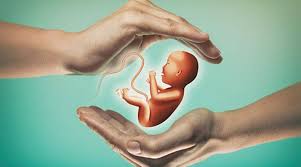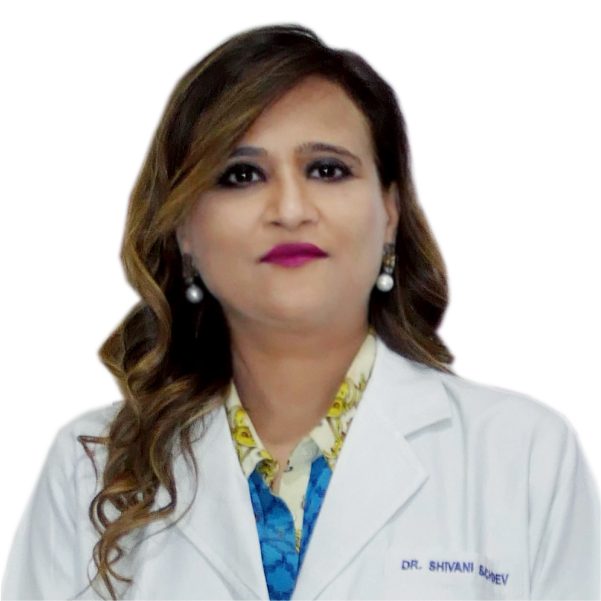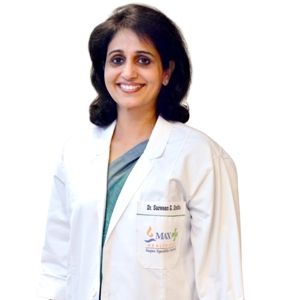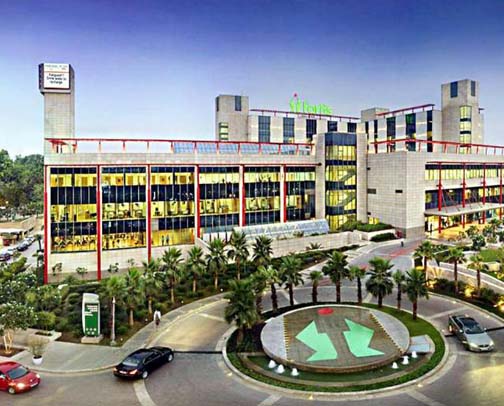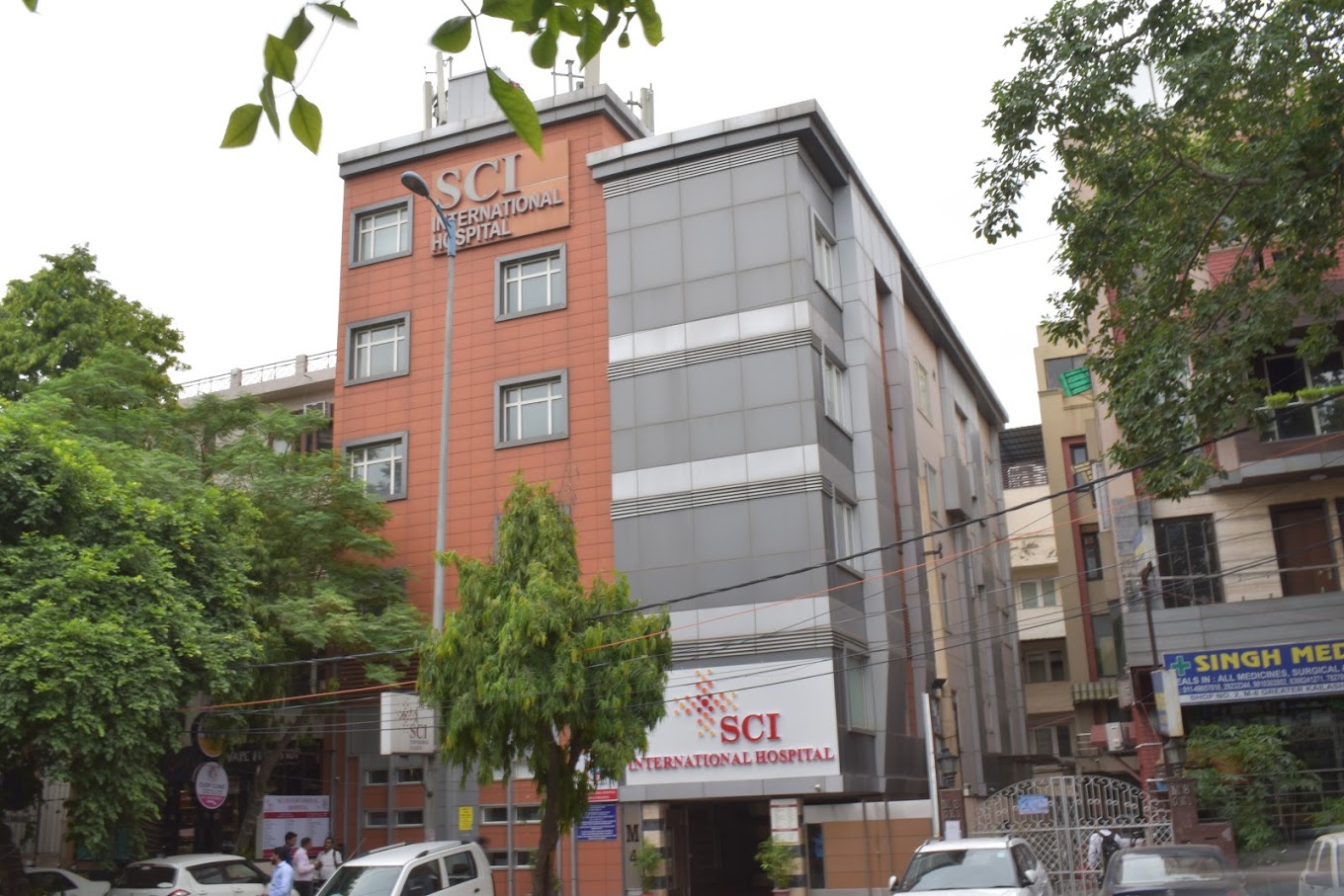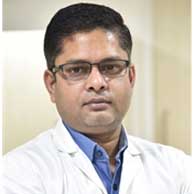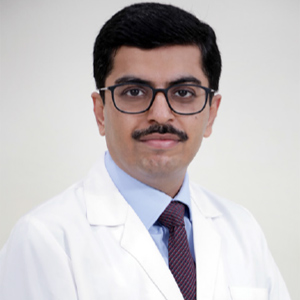IVF in India - Overview
What is IVF
- In Vitro Fertilization (IVF) is the most effective form of assisted reproductive technology, where mature eggs are collected (retrieved) from ovaries and fertilized by sperm in a lab. The fertilized egg (embryo) or eggs (embryos) are transferred to the uterus.
- One complete cycle of IVF takes about three weeks. The procedure can be done using your eggs and your partner’s sperm.
- Another way is using eggs, sperm, or embryos from a known or anonymous donor.
Why it’s done
In vitro fertilization is a treatment for infertility or genetic problems. Before you have IVF to treat infertility, you and your partner might be able to try other treatment options that involve fewer or no procedures that enter the body. For example, fertility drugs can help the ovaries make more eggs. And a procedure called intrauterine insemination places sperm directly in the uterus near the time when an ovary releases an egg, called ovulation.
Sometimes, IVF is offered as a main treatment for infertility in people over the age of 40. It also can be done if you have certain health conditions. For example, IVF may be an option if you or your partner has:
- Fallopian tube damage or blockage: Eggs move from the ovaries to the uterus through the fallopian tubes. If both tubes get damaged or blocked, that makes it hard for an egg to be fertilized or for an embryo to travel to the uterus.
- Ovulation disorders: If ovulation doesn’t happen or doesn’t occur often, fewer eggs are available to be fertilized by sperm.
- Endometriosis: This condition happens when tissue that’s like the lining of the uterus grows outside of the uterus. Endometriosis often affects the ovaries, uterus and fallopian tubes.
- Uterine fibroids: Fibroids are tumors in the uterus. Most often, they’re not cancer. They’re common in people in their 30s and 40s. Fibroids can cause a fertilized egg to have trouble attaching to the lining of the uterus.
- Previous surgery to prevent pregnancy: An operation called tubal ligation involves having the fallopian tubes cut or blocked to prevent pregnancy for good. If you wish to conceive after tubal ligation, IVF may help. It might be an option if you don’t want or can’t get surgery to reverse tubal ligation.
- Issues with sperm: A low number of sperm or unusual changes in their movement, size or shape can make it hard for sperm to fertilize an egg. If medical tests find issues with sperm, a visit to an infertility specialist might be needed to see if there are treatable problems or other health concerns.
- Unexplained infertility: This is when tests can’t find the reason for someone’s infertility.
- A genetic disorder: If you or your partner is at risk of passing on a genetic disorder to your child, your health care team might recommend getting a procedure that involves IVF. It’s called preimplantation genetic testing. After the eggs are harvested and fertilized, they’re checked for certain genetic problems. Still, not all of these disorders can be found. Embryos that don’t appear to contain a genetic problem can be placed in the uterus.
- A desire to preserve fertility due to cancer or other health conditions: Cancer treatments such as radiation or chemotherapy can harm fertility. If you’re about to start treatment for cancer, IVF could be a way to still have a baby in the future. Eggs can be harvested from their ovaries and frozen for later use. Or the eggs can be fertilized and frozen as embryos for future use.People who don’t have a working uterus or for whom pregnancy poses a serious health risk might choose IVF using another person to carry the pregnancy. The person is called a gestational carrier. In this case, your eggs are fertilized with sperm, but the embryos that result are placed in the gestational carrier’s uterus.
IVF in India - Symptoms
IVF in India - Pre-Procedure
What do you do to prepare for IVF treatment?
Before starting IVF treatment, you’ll need a thorough medical exam and fertility tests. Your partner will be examined and tested as well. Some of the preparation you’ll go through includes:
- IVF consultation (meet with healthcare providers to discuss the details of the IVF process).
- A uterine exam, up-to-date Pap test and mammogram (if over 40).
- A semen analysis.
- Screening for sexually transmitted infections (STIs) and other infectious diseases.
- Ovarian reserve testing, and blood and urine tests.
- Instructions on how to administer fertility medications.
- Genetic carrier screening.
- Sign consent forms.
- Uterine cavity evaluation (hysteroscopy or saline-infused sonography (SIS)).
- Your healthcare provider will have you start supplementing with folic acid at least three months before embryo transfer.
IVF in India - During Procedure
Fertilization
Two common methods can be used to try to fertilize eggs with sperm:
- Conventional insemination. Healthy sperm and mature eggs are mixed and kept in a controlled environment called an incubator.
- Intracytoplasmic sperm injection (ICSI). A single healthy sperm is injected right into each mature egg. Often, ICSI is used when semen quality or number is an issue. Or it might be used if fertilization attempts during prior IVF cycles didn’t work.
In certain situations, other procedures may be recommended before embryos are placed in the uterus. These include:
- Assisted hatching. About 5 to 6 days after fertilization, an embryo “hatches” from the thin layer that surrounds it, called a membrane. This lets the embryo attach to the lining of the uterus.If you’re older and you want to get pregnant, or if you have had past IVF attempts that didn’t work, a technique called assisted hatching might be recommended. With this procedure, a hole is made in the embryo’s membrane just before the embryo is placed in the uterus. This helps the embryo hatch and attach to the lining of the uterus. Assisted hatching is also useful for eggs or embryos that were frozen, as that process can harden the membrane.
- Preimplantation genetic testing. Embryos are allowed to develop in the incubator until they reach a stage where a small sample can be removed. The sample is tested for certain genetic diseases or the correct number of threadlike structures of DNA, called chromosomes. There are usually 46 chromosomes in each cell. Embryos that don’t contain affected genes or chromosomes can be transferred to the uterus.Preimplantation genetic testing can lower the chances that a parent will pass on a genetic problem. It can’t get rid of the risk completely. Prenatal testing may still be recommended during pregnancy.
The procedure to place one or more embryos in the uterus is done at your doctor’s office or a clinic. It often takes place 2 to 6 days after eggs are collected.
- You might be given a mild sedative to help you relax. The procedure is often painless, but you might have mild cramping.
- A long, thin, flexible tube called a catheter is placed into the vagina, through the cervix and into the uterus.
- A syringe that contains one or more embryos in a small amount of fluid is attached to the end of the catheter.
- Using the syringe, the embryo or embryos are placed into the uterus.
If the procedure works, an embryo will attach to the lining of your uterus about 6 to 10 days after egg retrieval.
IVF in India - Post-Procedure
After the procedure
After the embryo transfer, you can get back to your usual daily routine. Your ovaries may still be enlarged, so vigorous activities or sex might cause discomfort. Ask your care team how long you should stay away from these.
Typical side effects include:
- Passing a small amount of clear or bloody fluid shortly after the procedure. This is due to the swabbing of the cervix before the embryo transfer.
- Breast tenderness due to high estrogen levels.
- Mild bloating.
- Mild cramping.
- Constipation.
IVF in India - Risk & Complications
- IVF involves large amounts of physical and emotional energy, time, and money. Many couples dealing with infertility suffer stress and depression.
- A woman taking fertility medicines may have bloating, abdominal pain, mood swings, headaches, and other side effects. Repeated IVF injections can cause bruising.
- In rare cases, fertility drugs may cause ovarian hyperstimulation syndrome (OHSS). This condition causes a build-up of fluid in the abdomen and chest. Symptoms include abdominal pain, bloating, rapid weight gain (10 pounds or 4.5 kilograms within 3 to 5 days), decreased urination despite drinking plenty of fluids, nausea, vomiting, and shortness of breath. Mild cases can be treated with bed rest. More severe cases require draining of the fluid with a needle and possibly hospitalization.
- Medical studies have shown so far that fertility drugs are not linked to ovarian cancer.
- Risks of egg retrieval include reactions to Anesthesia, bleeding, infection, and damage to structures surrounding the ovaries, such as bowel and bladder.
- There is a risk for multiple pregnancies when more than one embryo is placed into the womb. Carrying more than one baby at a time increases the risk for premature birth and low birth weight. (However, even a single baby born after IVF is at higher risk for prematurity and low birth weight.)
- It is unclear whether IVF increases the risk for birth defects.
IVF in India - Doctors
IVF in India - Hospitals
Request a CallBack

